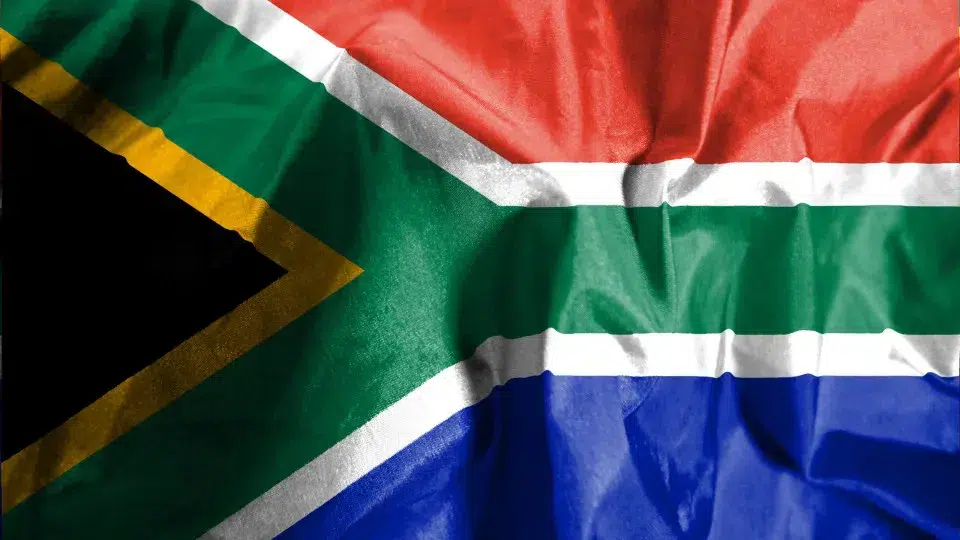
The Portuguese Association of Publishers and Booksellers (APEL) reported a sale of 3,277,957 books between April and June of this year, marking a 9.8% increase compared to the same period last year.
This volume of sales translated into a financial gain exceeding 47 million euros (47,683,077), an 11.1% rise from the second quarter of 2024, based on data provided by Gfk, an independent entity conducting book sales audits throughout the year.
These increases were recorded despite a 1.2% rise in the average book price, reaching 14.55 euros.
During the same period, 3,045 new books were released for sale.
Regarding points of sale, 70.7% of books sold in this second quarter were distributed through bookstores, while 29.3% were sold by hypermarkets. This is also reflected in sales values, with bookstores accounting for 79.1% of total revenue in the book market and hypermarkets handling 20.9%.
By category, children and youth literature was the most sought after, representing 38.5% of total units sold, at an average price of 11.58 euros, contributing 30.7% to the total financial gain, which falls below the revenue from fiction and non-fiction sales.
Fiction ranks second concerning the number of units sold, holding 32.9% of the market, with an average price of 16.82 euros per book, achieving 38% of total sales value.
Non-fiction books account for 25% of the units sold during this period, at an average price of 17.59 euros, obtaining 30.3% of total sales value.
The least representative genre – campaigns and exclusives – accounted for 3.6% in the number of units sold, 1.1% of the final revenue, and these publications had an average price of around 4.28 euros.
On Thursday, during the presentation of Book 2.0, APEL President Miguel Pauseiro stated that the book market has been growing consistently, indicating that between 2021 and 2024, this growth was slightly over 30% in value and just under 30% in units, and that the early months of 2025 point in the same direction.
According to APEL, this growth is largely driven by young people, heavily influenced by social networks and book clubs, characterized by high activity and sharing.




